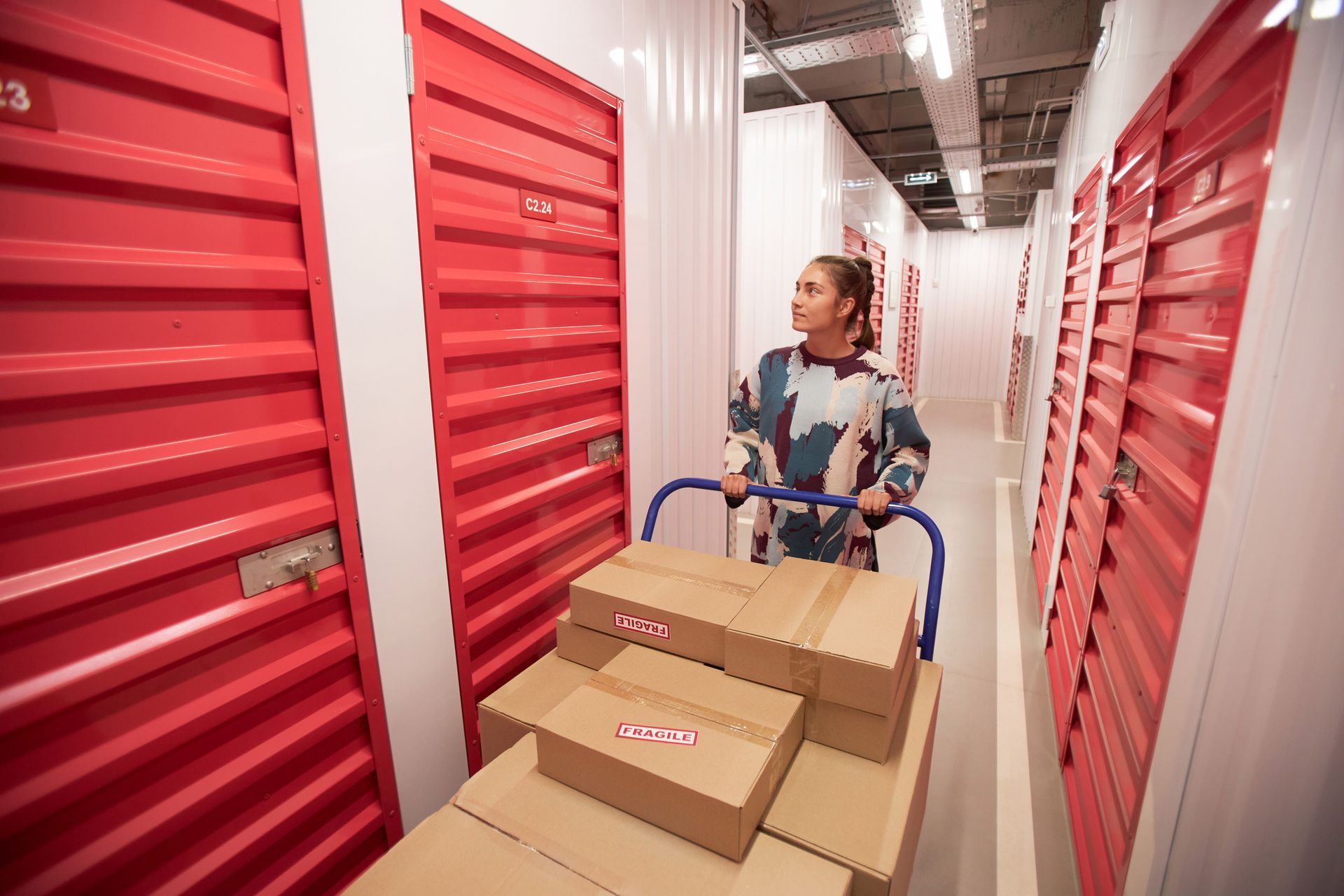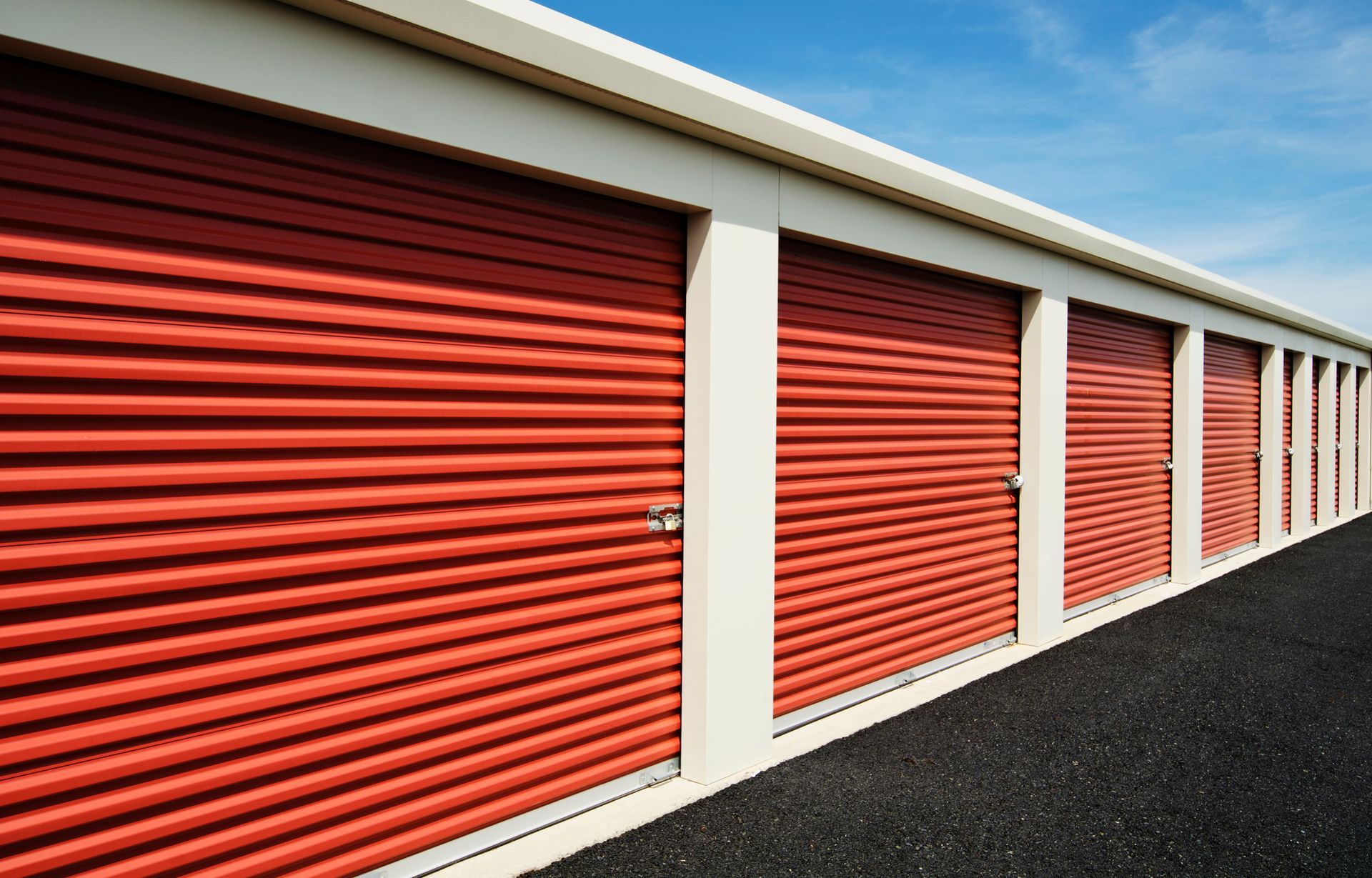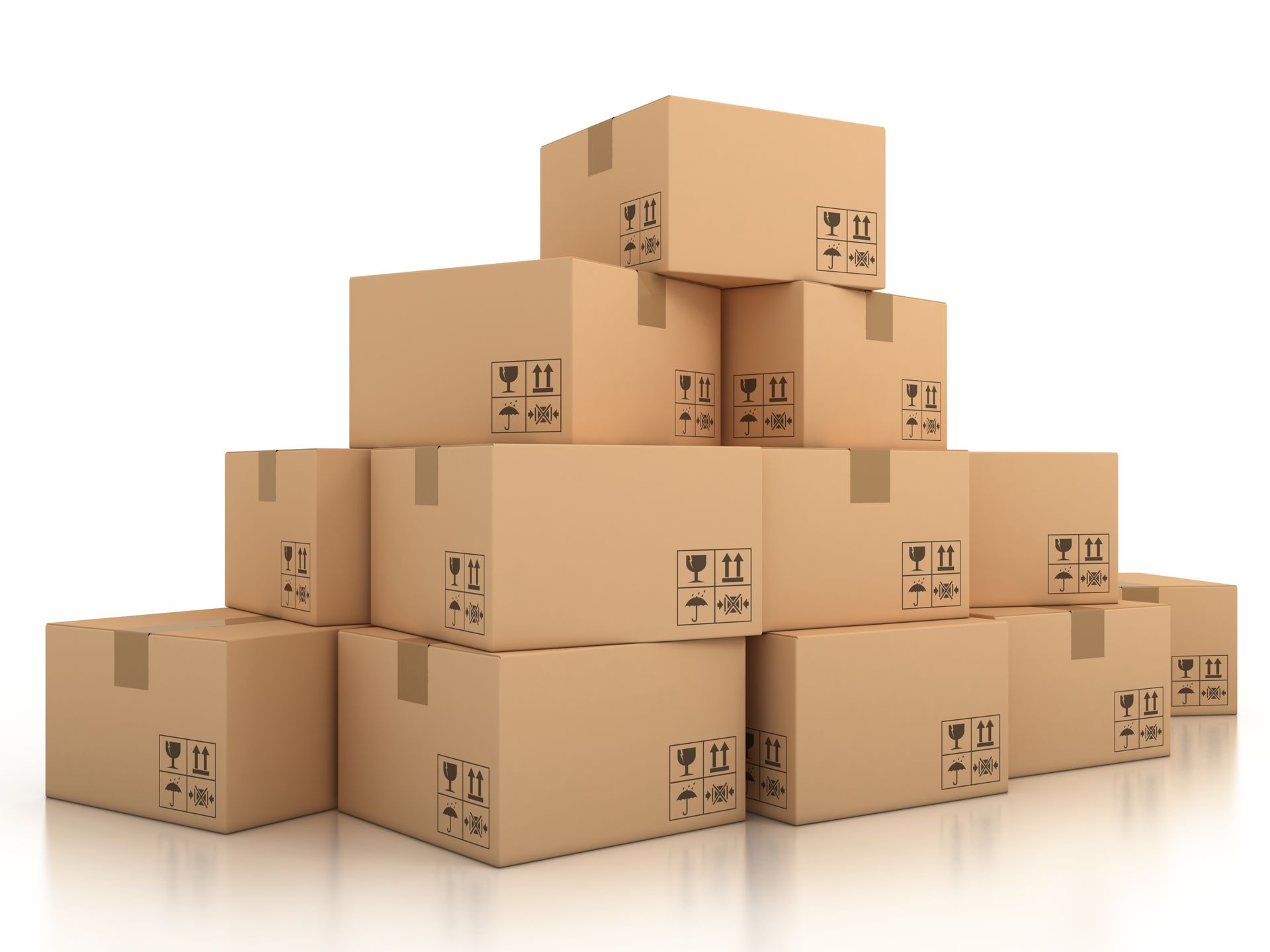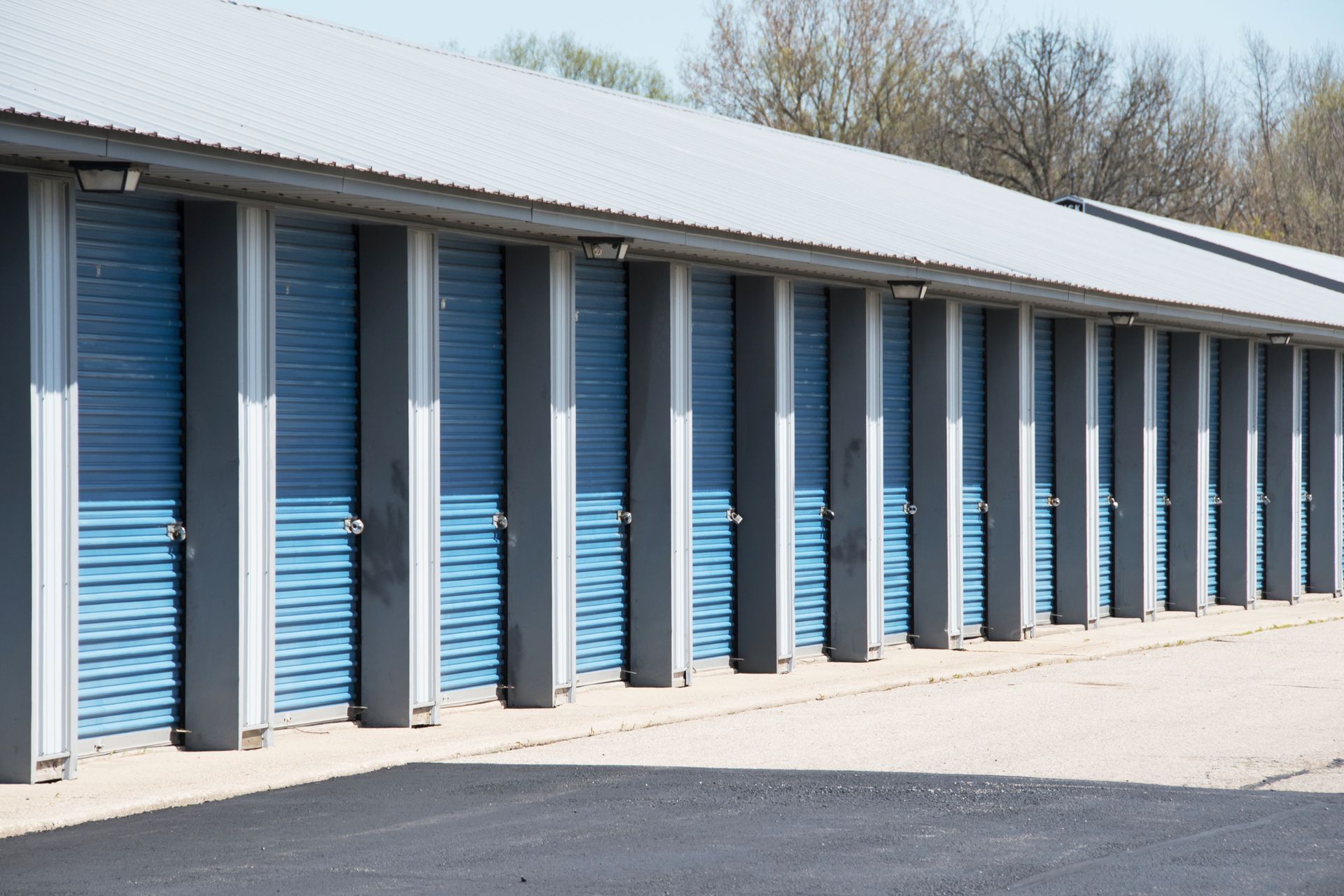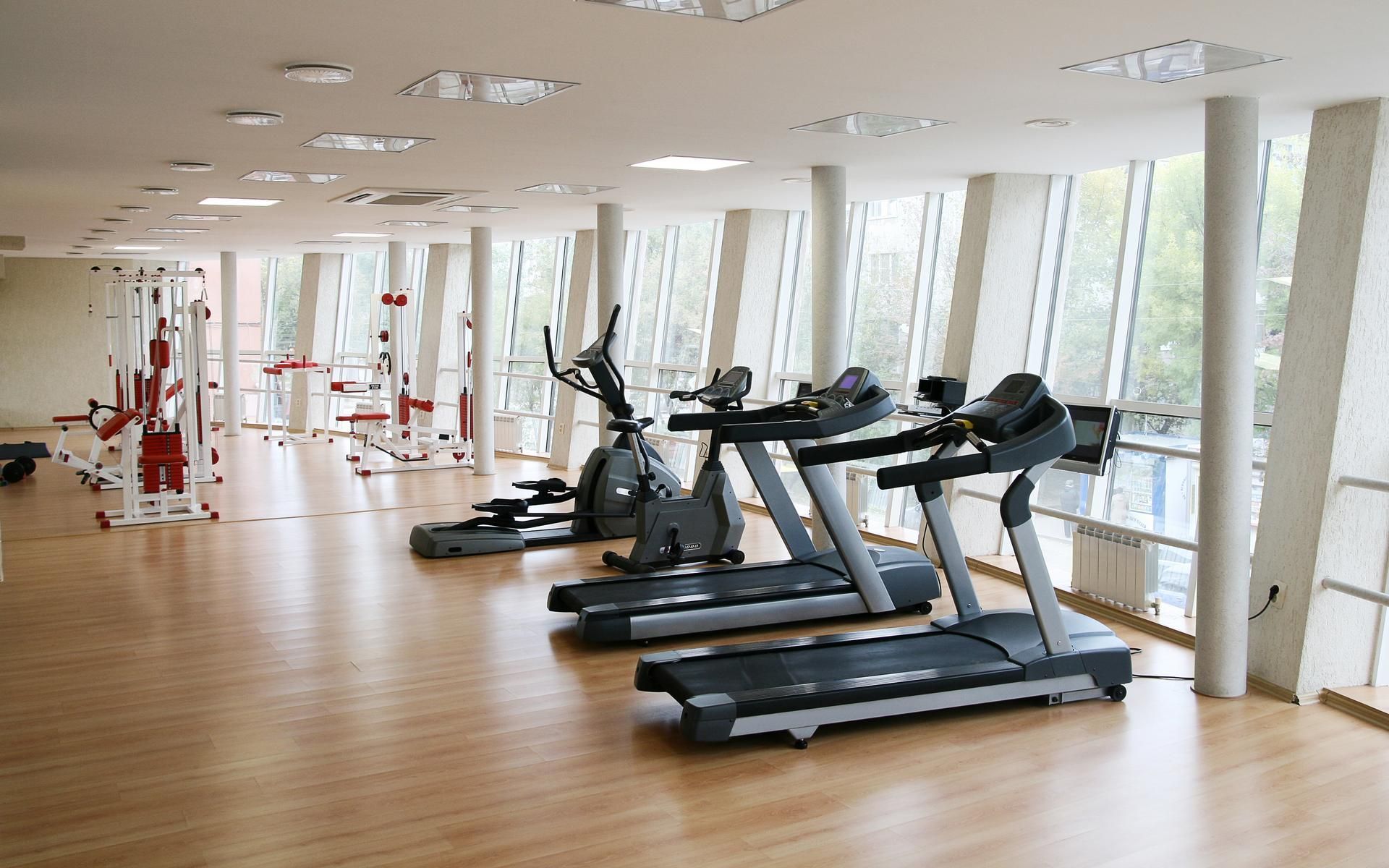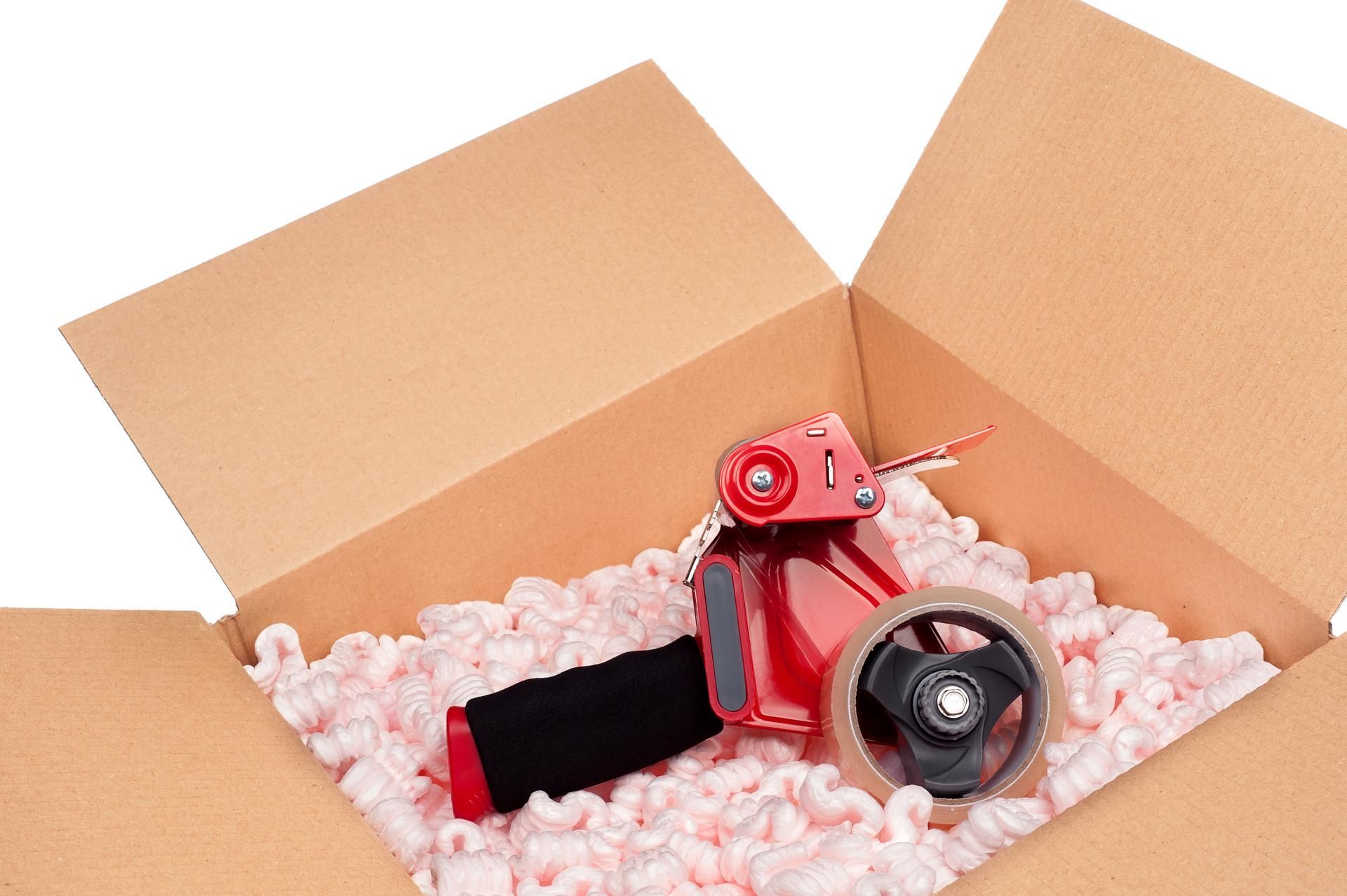Protect Your Belongings From Moisture Damage | Tysons Self Storage
Whether you're storing clothing, furniture, baby items, holiday decor, or other belongings, you'll want to make sure they stay in great condition during their sojourn in the storage unit.
One of the biggest enemies of stored items is moisture. In damp or humid areas of the country, mold can be extremely common and can damage items beyond repair. To avoid this, you may need to take a multipronged approach to fight moisture damage. Here's how you can protect your cherished items from moisture damage in the storage unit.
Make Sure Everything Is Dry Before Packing
This may sound like a no-brainer, but you could still have trouble with this if your house has a high humidity level or if your belongings get rained on en route to the storage building, adding moisture to the boxes.
A high humidity level in your house can indicate that you have a moisture problem there. But whether that's why you're looking for offsite storage or not, you need to account for it to make sure your belongings don't carry excess moisture to the storage unit. Pack clothes directly after a tumble in the dryer, and consider leaving other items outside on a dry day before packing.
Choose a Climate-Controlled Storage Unit
Climate-controlled units have well-regulated humidity levels in addition to well-regulated temperatures. This aspect is critical for moisture- and temperature-sensitive belongings such as wooden musical instruments.
Climate control is also important in high-humidity areas of the country. This is because these areas hold enough moisture in the air to be suboptimal even for moderately humidity-sensitive items such as clothing, which can grow mold if they're stored in a damp situation.
Consider Using Plastic Containers
Plastic bins or sturdy plastic storage bags can have pros and cons for long-term storage. For example, if you're storing antique clothing, plastic may not be the best because over the long term it can cause discoloration. But for most clothing and for seasonal storage, plastic can make sure extra moisture can't access your belongings.
One other consideration when using plastic is that it doesn't allow air circulation and can collect condensation if there's moisture nearby. Excessive condensation can encourage mold over time. So if you are using plastic containers, make sure the items are dry, any air in the container is dry, and the unit is climate-controlled.
Use Humidity Monitors and Absorbers
Even if your storage unit is climate controlled, you may still need to use moisture-absorbing products in areas that don't get much air circulation. For example, if you're storing a piece of furniture that has drawers or cabinets, the interior of the furniture may collect moisture because of the low air circulation.
You can reuse silica packets as moisture absorbers in small spaces. For larger spaces such as a large cabinet or a large plastic bin, you'll want to buy a commercial moisture absorber, which may be refillable so you can use them over and over again. Or if you'd like a DIY option, you can make sachets with charcoal — just be careful, as charcoal can stain.
You can also find a very affordable hygrometer (humidity monitor) to help you keep an eye on moisture levels, which should stay below 50 percent. You can place a hygrometer in a spot you're concerned about to check whether the humidity levels are rising. This can help you determine where you need to add moisture absorbing products.
These steps can help you stay on top of the humidity levels in your storage unit. Be sure to start by choosing a climate-controlled unit because without that initial step, you may not be able to keep the unit reliably dry enough for very sensitive items such as antiques. Get in touch with Tysons Self Storage today if you'd like to discuss the units we have available for rent.


